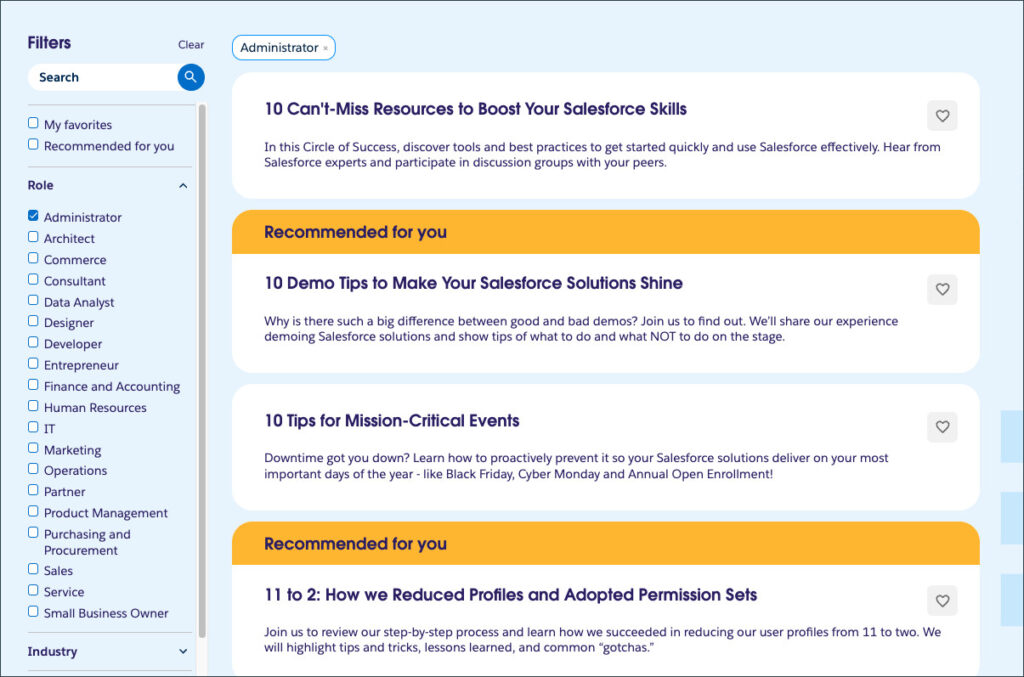Picture this: You ask your assistant to book a meeting. Instead of just adding it to your calendar, they check team availability, suggest a better time based on priorities, prep a doc, and loop in the right people.
That’s not a workflow. That’s an agent.
Enterprise software is shifting, from rule-based logic to intelligent systems that can understand, adapt, and act. At the heart of this transformation? Agentic AI: AI agents that collaborate, not just execute.
But with this new power comes a new question for every enterprise builder: When should your AI agent follow deterministic AI principles and when should it think for itself?
The core question: deterministic AI or non-deterministic AI?
In the world of agentic systems, behavior falls along a spectrum from deterministic AI to non-deterministic AI.
Deterministic AI behavior = control. Predictable, rule-driven, repeatable.
- Think: Salesforce Flow, Apex, compliance workflows, and even simple chatbots that follow scripted logic.
Non-deterministic AI behavior = flexibility. Probabilistic, adaptive, and context-aware
- Think: LLM-powered assistants like ChatGPT or AI agents that respond to open-ended prompts and user intent.
Each approach has its place and the smartest agents know when to switch gears.
8 Questions to Build Your First Agentforce Use Case
Find out how a well-planned use case workshop can help you make the most of Agentforce. Here are the questions we use to guide our customers.



A simple framework for smarter design
To build the right agent, ask: What’s the goal? How much control is needed? Where does flexibility improve outcomes?
Use deterministic AI behavior when:
You need certainty, compliance, or precision, especially in high-stakes, highly regulated workflows where outcomes must be consistent, every time.
Examples:
- Healthcare scheduling: Ensure compliance by asking required questions in the right order.
- Legal disclosures: Deliver fixed messages without room for reinterpretation.
- Knowledge base filters: Surface only vetted, approved content every time.
These use cases benefit most from deterministic AI, where reliability is more important than creativity or adaptability. Here, tools like Salesforce Flow and Apex also offer the structure you need.
Use non-deterministic AI behavior when:
You want exploration, discovery, or conversational support where variation helps rather than hurts. These are use cases where flexibility improves the user experience and outcomes don’t need to be identical every time.
Examples:
- Product recommendations: Surface options based on interest, not fixed rules.
- Customer Q&A: Use natural language to understand and respond to open-ended questions.
- Content summarization: Adapt outputs to user context not rigid templates.
This is where LLMs like those in Agentforce bring nuance and speed to enterprise experiences.
Use a hybrid approach when:
You want the best of both worlds—an agent that’s helpful and conversational up front, but transitions to predictable processes to finish.
Example:
- An AI support agent starts by asking what the user needs, uses natural conversation to clarify the issue, then triggers a Flow to file a case or resolve the problem. It feels dynamic, but still delivers consistent results.
This kind of hybrid approach is where Agentforce shines.
The bottom line? Not all use cases deserve the same approach. The most effective AI agent strategies start with clarity: Know your goal, your tolerance for variability, and the balance of control that will deliver the right outcome.
Explore the Five Levels of Determinism
Discover how Salesforce defines and applies deterministic AI to build more reliable, predictable agent behavior.



How Agentforce balances both worlds
With Agentforce, you don’t have to choose between control and creativity – you get both. The solution is built to help enterprises confidently design agentic systems that are flexible where it counts, and grounded in deterministic AI where it matters most.
Here’s how each layer of Agentforce supports that balance:
- Agent Builder – Create agents with a low-code approach, no scripts required. Easily orchestrate steps, define escalation paths, and align with your business logic for consistent outcomes.
- Prompt Builder – Don’t script your agents, coach them. Prompts shape reasoning while maintaining intent and brand voice. With Prompt Builder, you can craft reusable, governable prompts that shape how agents reason and respond, offering flexibility without sacrificing intent.
- Atlas Reasoning Engine – Smart agents do more than respond. They understand. Atlas delivers context-aware reasoning so agents can interpret user intent and take action in real time.
- Einstein Trust Layer – Trust is non-negotiable in enterprise AI. The Einstein Trust Layer provides governance, safety, and compliance controls across the stack, ensuring your agents are auditable, reliable, and aligned with your standards.
Together, these tools help you design AI agents that bring together structure and flexibility. You get the simplicity of low-code with the power of pro-code built for enterprise scale.
Embrace a mindset shift
You’re not building scripts anymore – you’re shaping collaborators. The future of enterprise AI isn’t deterministic or non-deterministic. It’s context-aware, intent-driven, and built on a spectrum of behaviors.
So before you build, ask yourself:
- What’s the intent behind this task?
- What level of control is required?
- How much flexibility will deliver the best outcomes?
It’s not about choosing between LLMs and Flows. It’s about knowing when to use each and how to combine them in the right way.
Because the best agents aren’t over-engineered.
They’re well-coached, purpose-built, and ready to deliver.
If you’re ready to put that mindset into action, check out the free Get Started with Agentforce for Service class. You’ll learn how to associate topics, actions, and instructions with your AI agent to ensure it has the capabilities, tools, and guidelines needed to solve business-specific use cases – whether they require the predictability of deterministic AI or the adaptability of generative intelligence.







